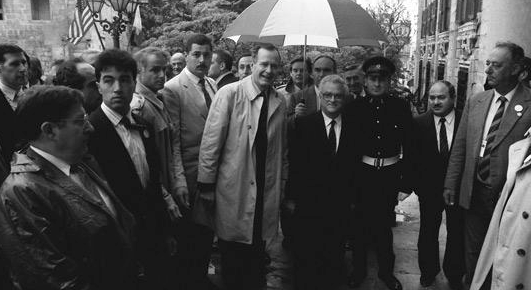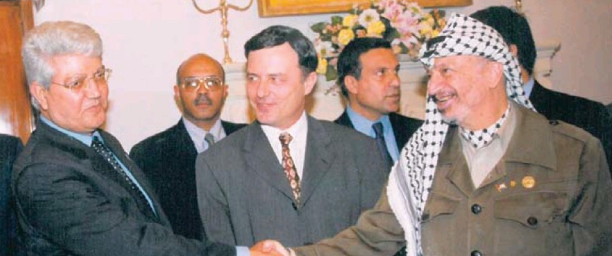Malta's Neutrality makes it a hub for Global Diplomacy
- Spunt Malta
- Sep 12, 2023
- 2 min read
Updated: Aug 24, 2025
This weekend, Malta once again stood at the crossroads of global diplomacy, playing host to critical talks between Jake Sullivan, the United States national security advisor to President Joe Biden, and Wang Yi, the People’s Republic of China Foreign Minister. As described by the White House, these dialogues were a concerted effort to "ease tensions between the superpowers," emphasising the importance of maintaining open communication channels amidst evolving geopolitical dynamics.
The legacy of Malta as a diplomatic hub is not a mere accident of history. The seeds of this role were sown in the latter half of the 20th century, primarily through the efforts of Dom Mintoff. Post-1956, Mintoff embarked on a determined crusade to establish Malta as a neutral state. He envisioned a Malta whose neutrality would be recognised and guaranteed by key European and Arab coastal nations, notably Italy, France, Libya, and Algeria. This vision was not just about maintaining a strategic balance but about prioritising good relations with both the second and third worlds.
This strategy bore fruit, with neutrality becoming a cornerstone of the Maltese constitution and a pivotal aspect of its foreign policy. Malta's membership in the non-aligned movement further underscored its commitment to neutrality and non-alignment on the global stage.
Reflecting on historical diplomatic milestones, the 1989 Malta Summit stands prominent. As the geopolitical landscape shifted with the fall of the Berlin Wall, US President George H.W. Bush and Soviet General Secretary Mikhail Gorbachev chose Malta as the backdrop for their critical discussions, a testament to its neutral status.

The 1997 Euro-Med Summit further showcased Malta's diplomatic prowess. This event, attended by Mediterranean states and organized by the EU, marked a pivotal moment with the meeting of Yasser Arafat and Israeli foreign minister David Levy. Given the inherent mistrust and rivalries in the region, Malta's steadfast neutrality made it the ideal venue for such nuanced discussions.

Today, the Malta USA-China Neutrality talks are a continuation of this legacy, a testament to Malta's unwavering role as a neutral ground for dialogue in an ever-changing world. In an era marked by increasing polarisation and geopolitical friction, the need for neutral grounds like Malta becomes all the more vital. Its history as a diplomatic haven reminds us of the importance of dialogue, understanding, and the pursuit of common ground in the face of adversity.




Comments